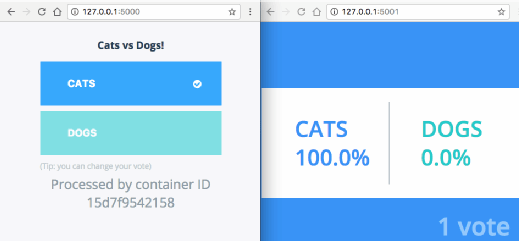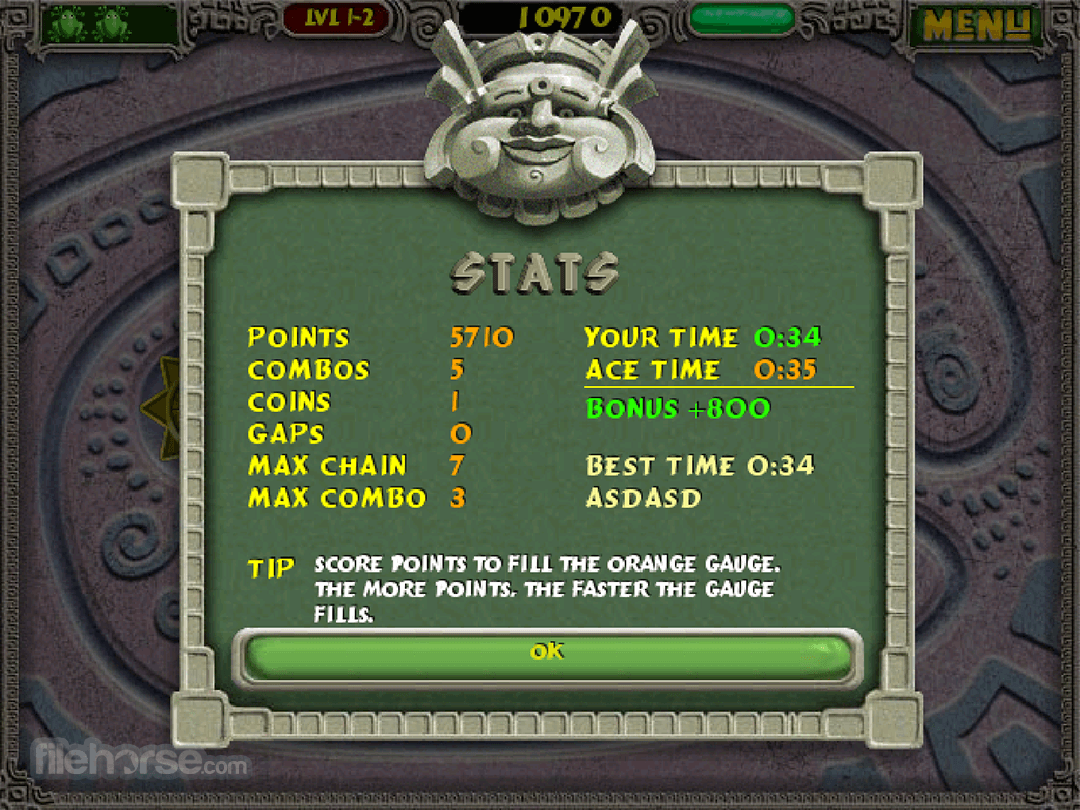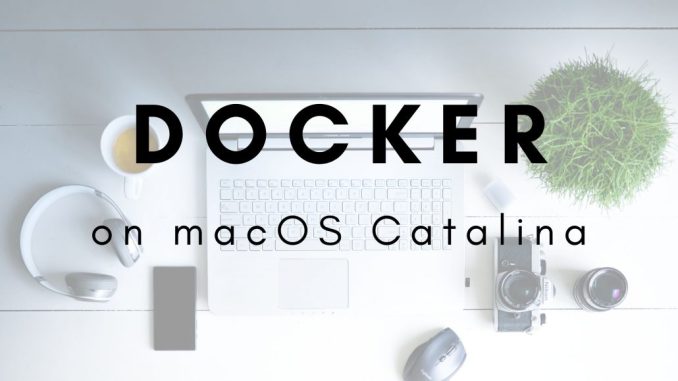
Install the cluster nodes according to the single node installation.HA is not supported for Mac (Darwin) installation Linux Archive/Docker/RPM/Debian/Windows HA Installation Linux Archive / Docker / RPM / Debian / Windows HA Installation.The following installation methods are supported: Network communications between the cluster nodes must be enabled for each of the nodes.All the HA nodes must communicate with each other through dedicated TCP ports.All the Artifactory HA components (Artifactory cluster nodes, database server and load balancer) must be within the same fast LAN.It is the responsibility of your organization to manage and configure it correctly.


The load balancer should be installed once all of the cluster nodes are up and running. Load BalancerĪrtifactory HA requires a dedicated Load Balancer. Each node in the cluster must be activated with a different license.īefore adding any additional node, please add each additional node's license using the node that is already running. LicensingĪrtifactory HA is supported with an Enterprise License. The database connection details are used for each node installation. Make sure you have completed setting up your external database before proceeding to install the cluster nodes. DatabaseĪrtifactory HA requires an external database, and currently supports the following databases: PostgreSQL, Oracle, MySQL, and MS SQL. PrerequisitesĪll nodes within the same Artifactory HA installation must be running the same Artifactory version. HA versions before Artifactory 7.17.4 support using primary and secondary nodes. This is a generic directory layout for all JFrog products.

See Ubuntu System environment variables for reference.

Manual Option: Create a symbolic link from your custom folders to the default folders.There are 2 ways to customize the data folder: Customizing the RPM/Debian JFrog product data ROOT_DATA_DIR/var * Default value : ~/.jfrog//varġ. ROOT_DATA_DIR * Note: Defined and customized in the.


 0 kommentar(er)
0 kommentar(er)
